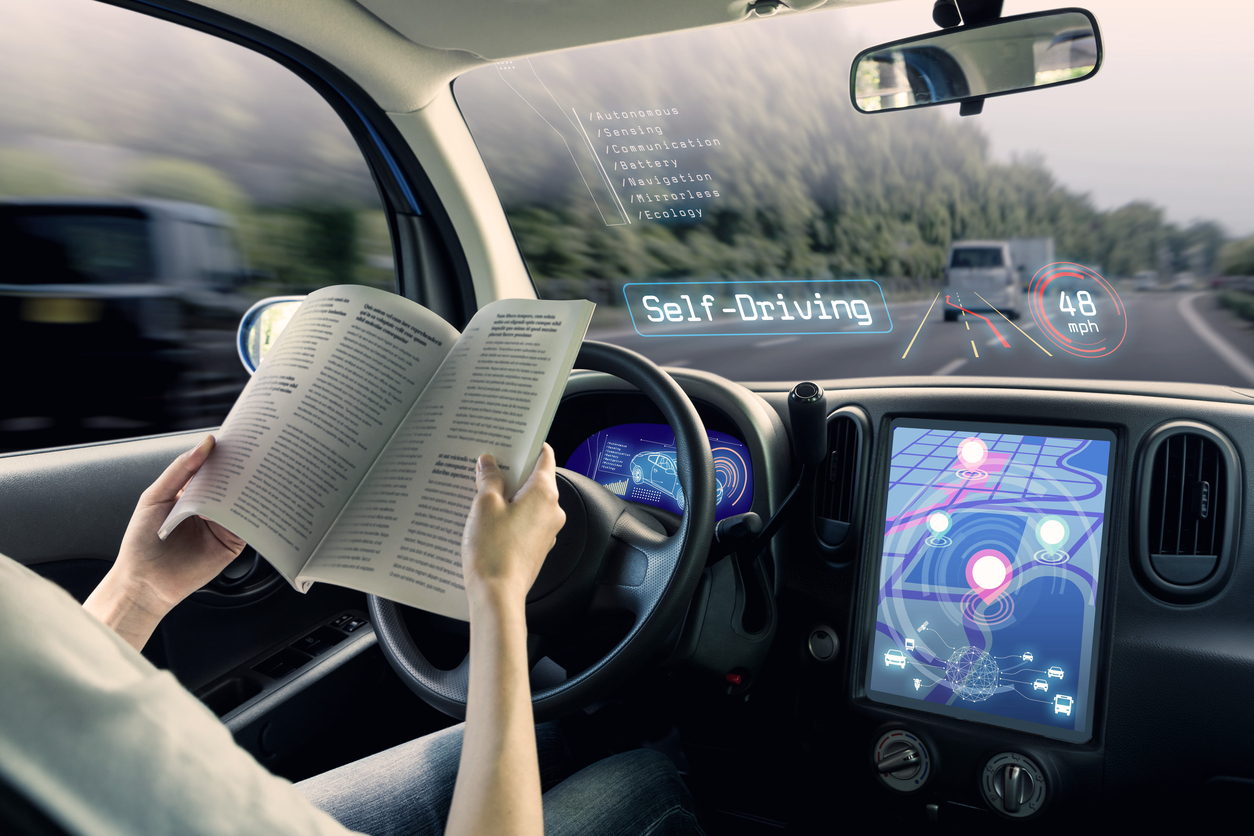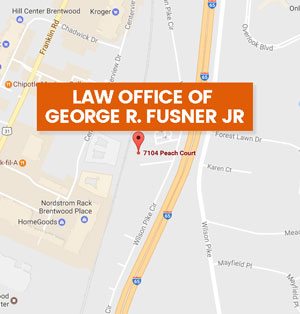Car and truck manufacturers are constantly trying to keep up with customer demands for the next ‘big thing’ in vehicle luxury, ease and safety – often in the form of advanced technology.
Jetson era flying cars may not be around the corner just yet, but 360-degree cameras and GPS devices that can store hundreds of destinations are here – and here to stay.
Prototypes for cars that drive themselves in the form of adaptive cruise control have even begun to circulate. As exciting as all this new technology may seem, it can also be extremely dangerous.
Technology crash risk
Crash avoidance safety features are a great selling point for auto manufacturers. But, according to consumer reporters at Transport Accident Commission, (TAC), the ‘How Safe is Your Car’ study indicates that the more technologically advanced your car is, the less safe it may be.
Features like auto-braking, reverse-view cameras and blind-spot detectors have been shown to reduce the number and severity of some types of accidents, proving that technology can be a great asset.
But most often, it is an even greater distraction. Patrick Allen, a reporter for LifeHacker contends that each year more than 6 million car crashes with more than 40,000 fatalities are linked to distracted driving – often in concert with technology and visual appeal distractions.
Both the New York Times and numerous crash safety reports indicate that technological applications have increased car crash deaths by more than 10 percent in recent years.
Next Steps
If you have been involved in a wreck, even if it is minor, and you believe that the technological advances on your vehicle or the car that crashed in to you may be a factor, please call the law offices of George R. Fusner Jr. immediately to schedule a free case evaluation.
Safe technology
Kelley Blue Book (kbb) recently published a report regarding the best – and worst – technology for cars. According to the report the best technology for drivers is low-level and includes:
- Adaptive cruise control
- Connected mobile applications
- USB ports
- Lane departure warnings
- Automatic emergency braking
The adaptive cruise has developed sensors that can match the speed of the traffic flow – this should mean fewer rear-end crashes. Connective applications check tire pressure, this allows for fewer blow-outs on the highway. Dedicated USB ports throughout the vehicle should provide less competition for the singular port in the front – as well as less fumbling and distraction.
Lane departure warning systems alert distracted drivers who have wandered out of their lanes, before they strike another car – this innovation and the lane assist technology that nudges your vehicle back into the lane can literally save lives.
Information – entertainment
In addition to technology that assists drivers, the development of information-entertainment applications for cars and trucks is rampant. Advanced systems, often standard on new cars, trucks and SUVs include speaking features, so that motorists can communicate hands-free.
Despite warnings that these features should not be used while the vehicle is in motion, drivers use them to make and receive phone calls, change the radio station and ask for directions while driving.
Each of these applications takes the driver’s focus off of driving and in that split-second, can lead to a devastating crash.
All vehicle crashes create problems for you and your family. Missed work, medical bills, car repair costs – we understand that the impact of a crash can wreck you finances and your physical health. We will aggressively help you fight for fair compensation and a favorable settlement.
For more than 40 years, we have represented the interest of the injured. Our team has the skill and diverse experience to get you the justice and compensation that you deserve.
Call 651-251-0005 to schedule a free consultation.
Law Office of George R. Fusner Jr.
424 Church Street, Suite 2000
Nashville, TN 37219
800-427-8960




